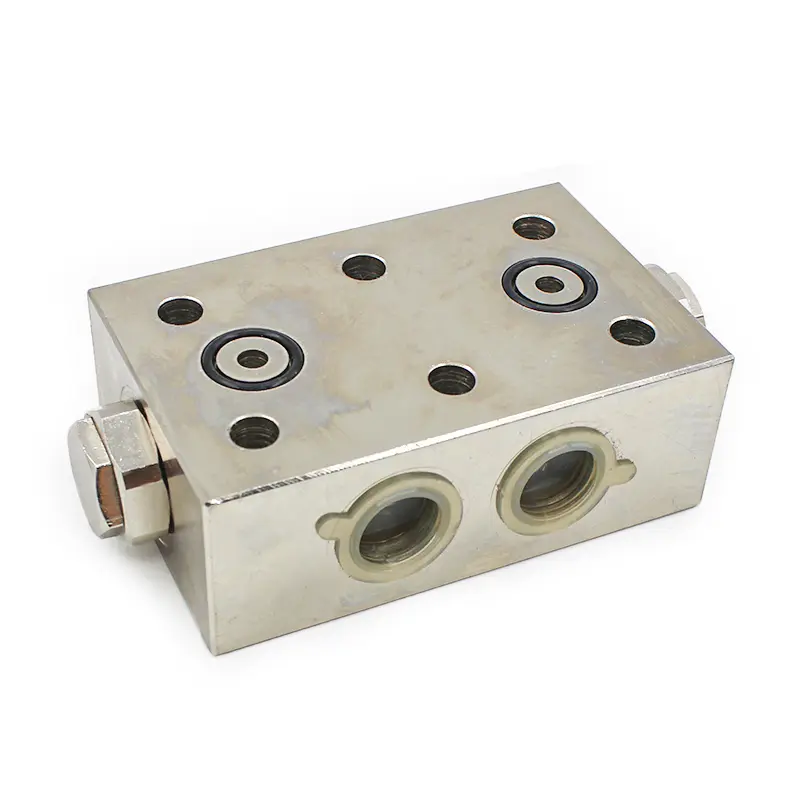
The Ultimate Guide to Pilot Operated Valves for Efficient Control Systems
2024-09-09In the realm of industrial automation, the efficiency and reliability of control systems are paramount. One key component that plays a crucial role in optimizing these systems is the pilot operated check valve. As a leading supplier of pilot operated check valves, we understand their significance in enhancing operational performance. This guide will delve into the benefits, applications, and key considerations for integrating pilot operated valves into your control systems.
What Are Pilot Operated Check Valves?
Pilot operated check valves are specialized devices designed to allow flow in one direction while preventing backflow. Unlike standard check valves, pilot operated versions utilize a pilot signal to control the opening and closing mechanism, offering greater precision and responsiveness. This functionality makes them ideal for various industrial applications where flow control and system integrity are critical.
Benefits of Pilot Operated Check Valves
1. Enhanced Flow Control: Pilot operated check valves provide superior control over fluid flow, allowing for more efficient system operation. Their ability to manage flow rates effectively can lead to improved process efficiency and reduced energy consumption.
2. Reduced Leakage: These valves are designed to minimize leakage, which is essential for maintaining system pressure and preventing fluid loss. This feature not only enhances system reliability but also contributes to overall cost savings.
3. Improved Safety: By preventing backflow, pilot operated check valves help protect equipment and personnel from potential hazards associated with fluid reversal. This safety aspect is particularly crucial in high-pressure applications.
4. Versatile Applications: Pilot operated check valves are suitable for a wide range of industries, including oil and gas, water treatment, chemical processing, and manufacturing. Their versatility makes them an excellent choice for various control systems.
Applications of Pilot Operated Check Valves
1. Hydraulic Systems: In hydraulic applications, pilot operated check valves help maintain system pressure and prevent backflow, ensuring smooth operation and enhanced safety.
2. Pneumatic Systems: These valves are also widely used in pneumatic systems to control airflow and maintain pressure levels, contributing to efficient operation.
3. Water and Wastewater Management: In water treatment facilities, pilot operated check valves play a critical role in preventing backflow and ensuring the integrity of the water supply.
4. Process Control: In chemical processing, these valves help manage the flow of various fluids, ensuring precise control and minimizing the risk of contamination.

Key Considerations When Choosing Pilot Operated Check Valves
1. Material Compatibility: Ensure that the valve materials are compatible with the fluids being handled. This consideration is vital for preventing corrosion and extending the lifespan of the valve.
2. Pressure and Temperature Ratings: Select valves that can withstand the specific pressure and temperature conditions of your application. This ensures reliable performance and safety.
3. Flow Rate: Consider the required flow rate for your system. Choosing the right valve size and type is crucial for optimal performance.
4. Maintenance Requirements: Evaluate the maintenance needs of the valves. Opt for designs that facilitate easy maintenance to minimize downtime.
Conclusion
Pilot operated check valves are essential components for efficient control systems in various industries. Their ability to enhance flow control, reduce leakage, and improve safety makes them a valuable investment for any enterprise. As a trusted supplier, we offer a range of high-quality pilot operated check valves tailored to meet your specific needs.
If you're looking to optimize your control systems and enhance operational efficiency, contact us today to learn more about our products and how we can support your business. Let’s work together to create reliable and efficient solutions for your industrial applications.




